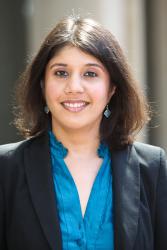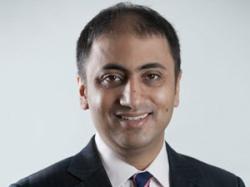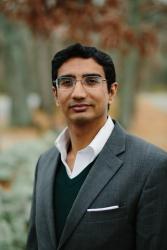India has started its multi-phase, weeks long general elections that will determine the composition of the Lok Sabha, India’s lower house of parliament, and also the next prime minister. Results will be announced May 23. To make sense of the world’s largest exercise of democracy, this episode features a discussion led by Brookings Fellow Tanvi Madan, director of the India Project, with three scholars, one each from the American Enterprise Institute, Carnegie Endowment for International Peace, and Brookings India.
The participants in the conversation are:
- Sadanand Dhume, resident fellow, American Enterprise Institute
- Milan Vaishnav, director and senior fellow, South Asia Program, Carnegie Endowment for International Peace
- Dhruva Jaishankar, fellow, Brookings India
Related Content:
India’s role as a democracy in the liberal international order
The world’s largest election, explained
Subscribe to Brookings podcasts here or on iTunes, and send feedback email to [email protected].
The Brookings Cafeteria is part of the Brookings Podcast Network.
The Brookings Institution is committed to quality, independence, and impact.
We are supported by a diverse array of funders. In line with our values and policies, each Brookings publication represents the sole views of its author(s).









Commentary
PodcastA primer on India’s general elections
April 12, 2019
Listen on
Brookings Cafeteria Podcast